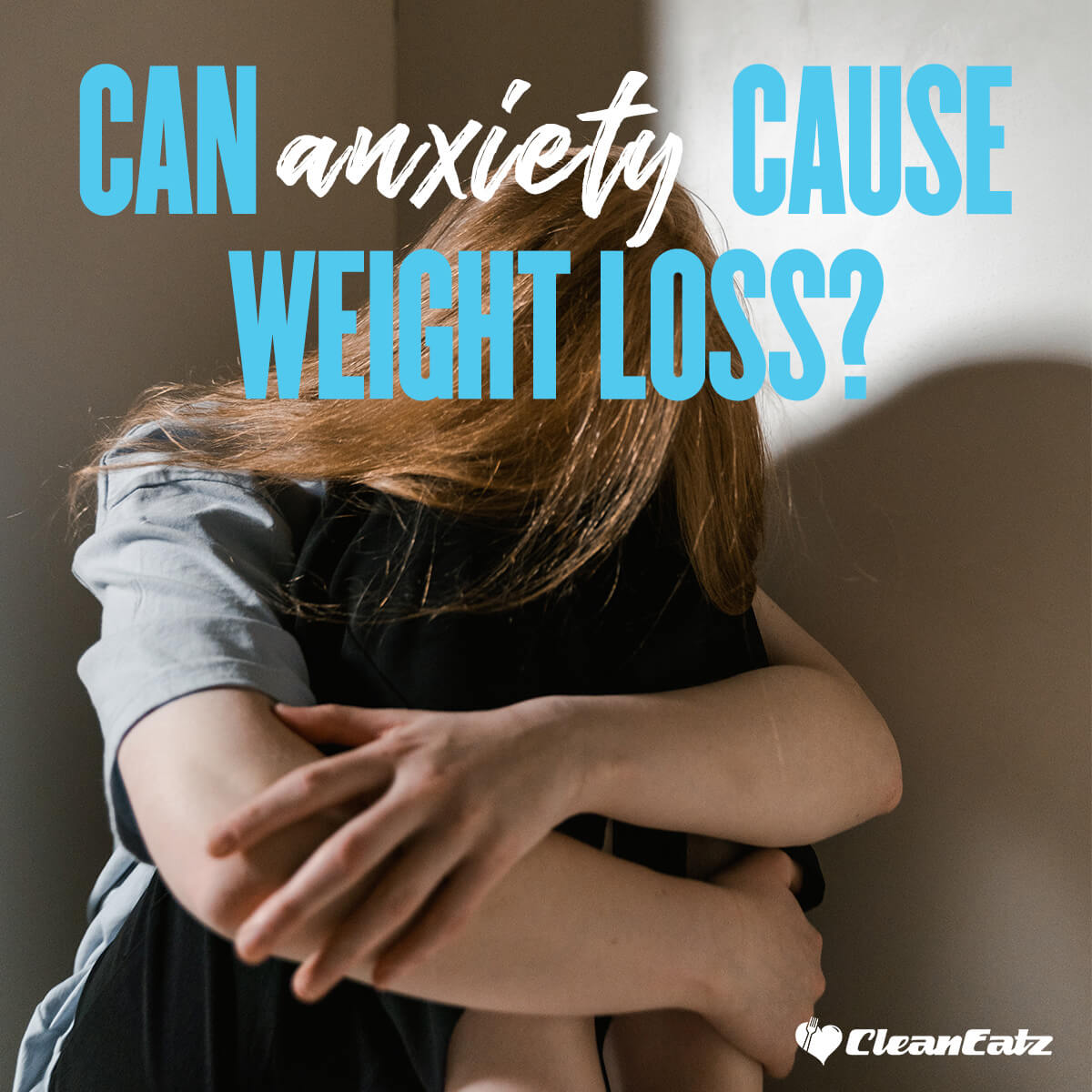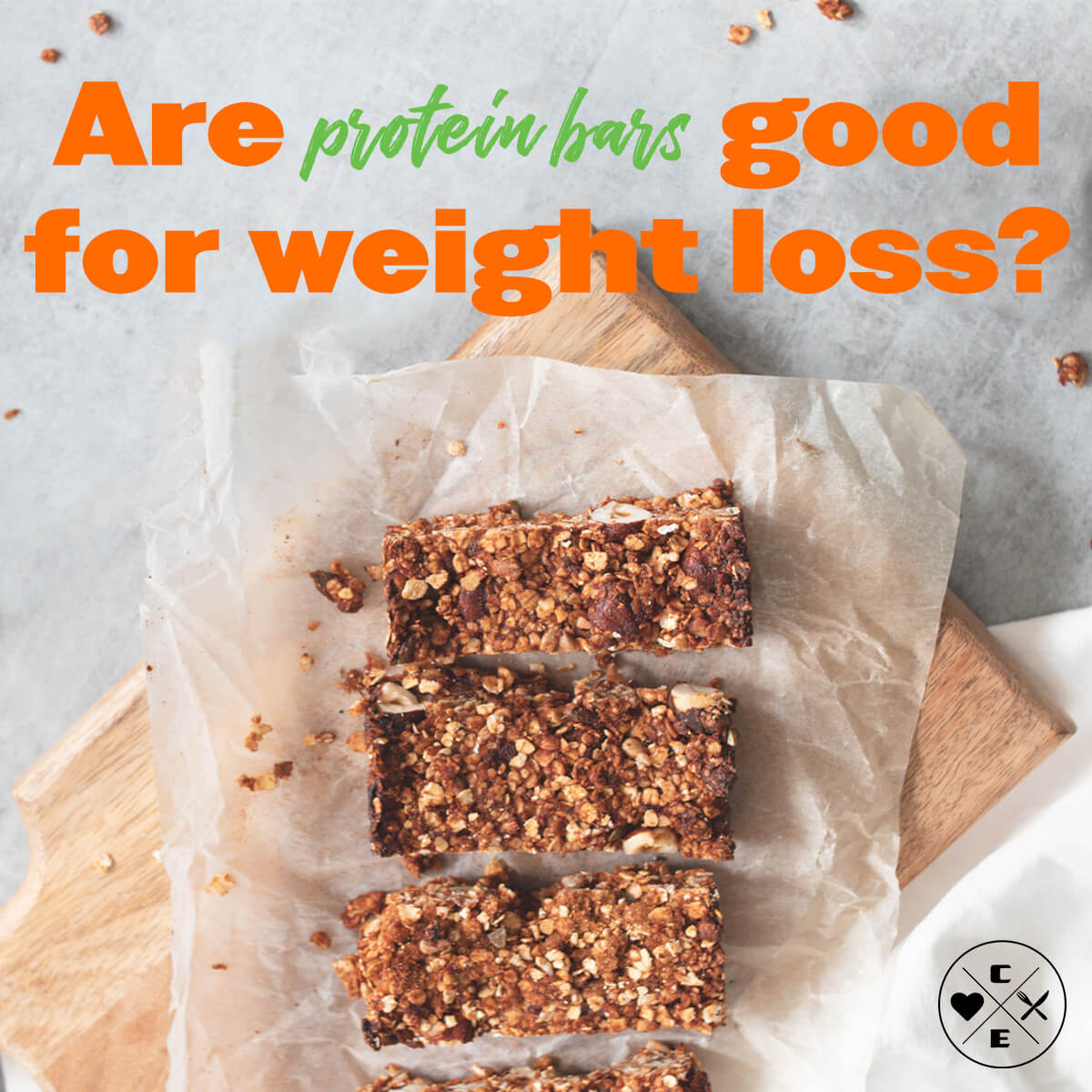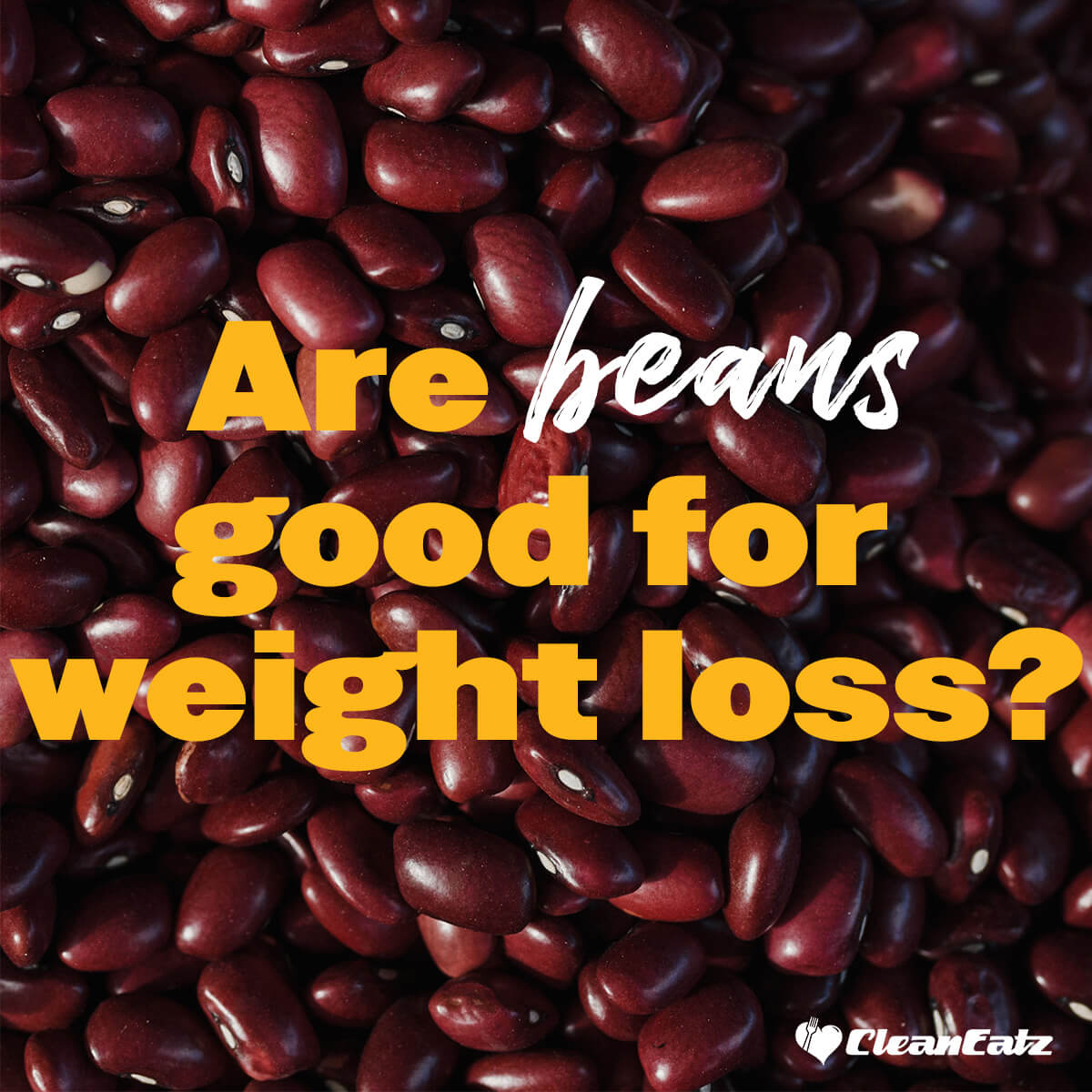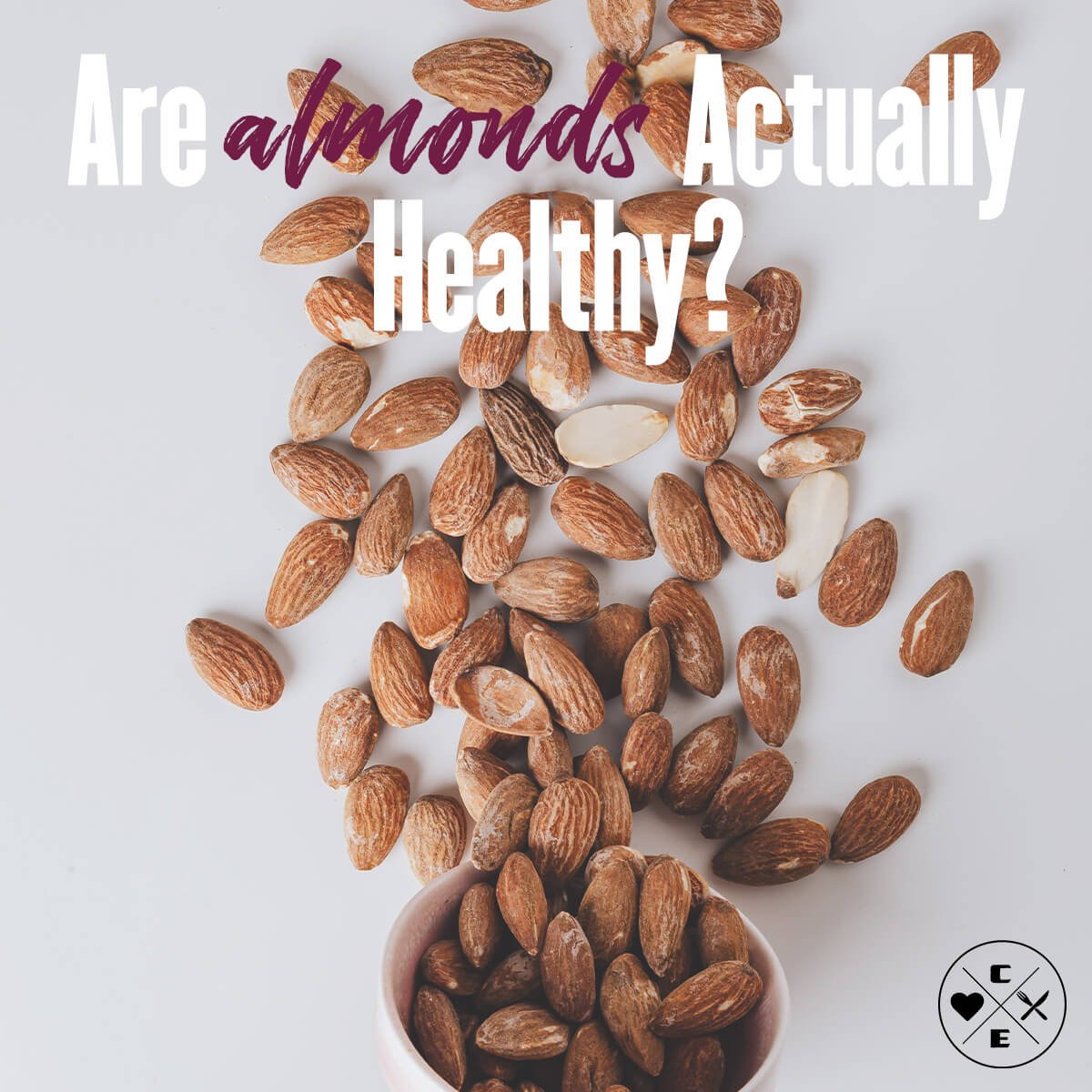
Can Anxiety Cause Weight Loss?
Jason Nista
Weight Loss
|
Mental Health
12 minute read
Struggling with your weight? You're not alone. For many of us, the battle to shed pounds or maintain a healthy weight is an ongoing challenge, and one which we often feel is out of our control.
But what if the solution to achieving your weight-loss goals wasn't about dieting - or even exercise - but something else entirely? What if the answer lay in understanding and addressing the emotional connection between anxiety and weight loss?
It might sound like a stretch - after all, we're all familiar with the idea of emotional eating - but it turns out there is scientific evidence that points to an undeniable link between anxiety levels and weight-loss efforts. In this article, we'll discuss whether can anxiety cause weight loss and what we know so far about this connection and provide actionable tips for leveraging it to help you reach your fitness goals.
What Is Anxiety?
Let's start by defining anxiety: It's an emotion characterized by feelings of worry, fear, unease, or dread. It can be triggered by a real or perceived threat in your environment and can range from mild to severe.
On top of that, anxiety can cause physical symptoms such as rapid heartbeat, racing thoughts, nausea, chest pain, sweating, dizziness, and more. These symptoms are the body's way of preparing you to "fight" the threat—which is why it can lead to unconscious weight loss even if you're eating well and not exercising regularly.
It's important to remember that there are a variety of things that can cause anxiety, including stress or traumatic experiences, so it isn't always easy to identify or diagnose yourself. If your doctor has ruled out other causes for your weight loss and you believe anxiety may be to blame, it is worth looking into therapy options to help you understand and manage your anxiety.
What Causes Stress?
In basic terms, stress refers to the powerful response of the body toward an external stimulus. It can present itself in emotional and/or physical forms, contingent upon the intensity and duration of the perceived threat. The connection between stress and weight loss is noteworthy. Stress has two distinct categories, each impacting the body in unique ways.
Acute stress
It refers to the experience in response to a sudden event or threat that will eventually be overcome, such as short arguments, taking a test, or slamming the brakes while driving.
Chronic stress
Experiencing prolonged periods of stressful circumstances, such as financial difficulties, work-related challenges, and unhealthy family dynamics, can lead to losing weight from stress. It is important to recognize that stress is a normal part of life and affects everyone. In fact, it serves as a response mechanism that can protect us from risky situations. Nevertheless, it is crucial to be aware that chronic stress can also trigger unfavorable changes within the body.
In times of adversity, the adage "When life gives you lemons, make lemonade!" resonates. Each of us navigates life's challenges differently, but prioritizing self-care amidst stress remains paramount. It is essential to remain vigilant and observe if our loved ones or ourselves are experiencing excessive weight loss, as it may be a consequence of stress. Equipping ourselves with the knowledge of how to address this issue becomes pivotal in combatting its effects.
Emotional and Psychological Effects
So does anxiety cause weight loss?
As if dealing with anxiety wasn't hard enough, it can also cause unintentional physical side effects, such as weight loss. It's true—anxiety can directly affect how much and what you eat, to your detriment.
When faced with anxiety, many people fall into one of two categories:
1. Overeating- due to the stress response that this emotion evokes, one of the most common responses is to use food as a way to cope with intense emotions. As a result, this can lead to weight gain and unhealthy lifestyle habits.
2. Undereating- on the flip side, some people respond to their anxiousness by avoiding food altogether and not eating enough. This type of response can lead to extreme weight loss or nutritional deficiencies in the long run.
No matter which response your body is wired for, neither is healthy or sustainable in the long term. So if you're experiencing unintentional weight fluctuation due to anxiety (or any other mental health challenges), it’s important that you reach out for help and take supportive measures for your physical and mental health.
Stress Hormones and Their Influence on Weight Loss
When it comes to losing weight, one thing we all need to remember is the role of stress hormones. You see, stress triggers the release of specific hormones like cortisol and adrenaline, and high levels of these hormones can help you burn more calories, but can also stop your body from feeling hungry. So that's why when you're anxious, you might find it hard to eat.
It's also important to note that short-term adrenaline and cortisol surges won't necessarily cause significant weight loss. However, if your anxiety is long-term and chronic, then it could have a much longer-term effect on your weight due to the disruption of these hormones.
Adrenaline
Adrenaline is the hormone our bodies produce during moments of stress or danger. It keeps us alert and ready for action by increasing our heart rate and breathing rate. In other words, it helps us burn more calories than normal in times of crisis—but only for short periods.
Cortisol
Cortisol is released when our brains recognize prolonged stress or danger. It's known as the “stress hormone” and works in tandem with adrenaline by keeping us alert and ready for action—but it also stops us from feeling hungry and makes us store more fat than normal in order to give us energy when needed. That's why people with chronic anxiety often struggle to lose weight despite having healthy eating habits and exercising regularly.
Steps to Manage Anxiety-Related Weight Loss
It's possible to manage the weight loss that's associated with anxiety. Before you start anything, however, speak to your doctor for personalized advice.
Implementing a Healthy Diet
Your diet plays an important role in managing your weight. Eating healthy foods throughout the day will help to reduce stress and promote a healthy weight while still getting the nutrients you need. Try eating smaller meals more frequently instead of eating large meals throughout the day. This can help to keep your blood sugar levels stable and help to reduce stress hormones that are linked to anxiety and weight loss. Eating healthily can also lead to improved mood and a sense of well-being.
Regular Exercise
Exercising regularly is important for managing anxiety-related weight loss, as it helps to increase endorphins in the body which have a calming effect on the body and mind. Aim for at least 30 minutes of physical activity per day - from swimming, walking, or cycling (or whatever activity you prefer!) - in order to boost your mood and reduce any feelings of anxiousness or stress.
Stress Management Techniques
Stress management techniques such as yoga, meditation, deep breathing exercises, and mindfulness can be effective tools for managing anxiety-related symptoms such as low energy levels and weight loss. Take some time each day to practice techniques like these so that you can relax, unwind, and focus on what matters most: your mental health!
In the end, understanding the connection between anxiety and weight loss is essential to managing your own health. Anxiety and stress can sometimes contribute to weight loss, but persistent or severe weight loss should still be checked out by a doctor in order to rule out any other potential causes.
Following a proper diet meal plan will also help you in managing your anxiety as well as maintain a healthy body weight. Clean Eatz Kitchen brings you a huge variety of some of the most nutritious meal plans to keep you going strong in your everyday life.
What Are the Signs of Stress-Related Weight Loss?
While rapid weight loss can be a sign of an underlying illness, it is important to consider whether the weight loss is attributed to stress. Losing weight from anxiety is often accompanied by certain indicators such as:
- indigestion or acid reflux
- body aches
- fatigue
- inadequate sleep
- mood swings
- palpitations
- substance abuse
When most of these symptoms are present, it is highly likely that individuals will experience weight loss from stress. It is crucial to acknowledge that people have diverse coping mechanisms, leading to different outcomes. Some individuals may undergo a loss of appetite and resort to drugs and alcohol as a means of dealing with stress. On the other hand, others may encounter gastrointestinal issues such as an upset stomach or episodes of diarrhea.
Why Are You Losing Weight Under Stress?
It is important to recognize that the relationship between stress and weight loss is complex and can vary among individuals, and addressing the underlying causes of stress is crucial for maintaining overall health and well-being. Losing weight under stress can occur due to a combination of physiological and behavioral changes that can affect appetite, metabolism, and overall well-being.
Here are some of them:
Poor dietary choices and inflammation
Having a diet and exercise plan is crucial for maintaining optimal overall health, as highlighted by a study investigating the relationship between stress, dietary habits, and their effects on the body. The study revealed that stress often leads to unhealthy eating patterns, which, when combined with chronic stress, can trigger inflammation. Inflammation, in turn, affects the vagus nerves responsible for regulating digestion, absorption, and nutrient metabolism. These findings emphasize the potential link between stress and weight loss, suggesting that stress-induced dietary changes and resulting inflammation can significantly impact the body's nutrient processing and utilization.
Chronic stress and the HPA axis
Typically, cortisol is released by the adrenal glands as the body's response to stress. This hormone releases glucose and fatty acids as an energy source for the body. Cortisol also aids the body in fighting inflammation. When too much of this hormone is released frequently, a person may experience changes in their weight.
In addition, chronic stress may wear off the hypothalamic-pituitary-adrenal (HPA) axis. This alteration influences metabolism (how nutrients are utilized by the body) and affects a person's dietary habits.
Gastrointestinal Disturbance
Losing weight from stress is often accompanied by a strong link between the brain and the gastrointestinal (GI) system. It's not uncommon to experience a sensation of "butterflies" in the stomach when feeling tense. Prolonged periods of stress can disrupt the normal functioning of the GI tract, leading to various symptoms, such as:
- acid reflux
- gastric discomfort or pain
- diarrhea or constipation
- vomiting
- bloating
Gastrointestinal problems are linked to poor appetite and poor absorption of nutrients. If these symptoms are frequently encountered, weight loss is sure to follow.
How to Overcome Stress-Related Weight Loss?
Early on, if you notice that you or your loved ones are losing weight from stress, it is never too late to overcome it. You can bring back the lost pounds through proper stress management. Here are some tips that you need to do:
- It is essential to step away from the stressors in your life.
- Spend some time outdoors, meditate, read a book, watch a movie, listen to music, and talk to family and friends. These are little ways that can help relax your mind.
- Focus on eating right and limiting your intake of caffeine and sweets. Instead, consume foods rich in vitamins and minerals. Vitamin C and B vitamins are proven to help combat stress by boosting the immune system and enhancing nerve function, respectively.
- A study also suggests that omega-3 fatty acids can help improve mood and control inflammation due to stress.
However, weight loss of 5% or more over a 6 to 12-month period is a cause for concern, and a visit to the doctor should be in line.
Final Thoughts
Stress comes in many shapes and forms. No one is exempt from stressors, and the body is designed to react to such circumstances to survive. However, experiencing stress for an unhealthy amount of time can lead to changes in weight.
One should be able to notice the telltale signs of a person losing weight from stress. Their weight loss is often accompanied by drug and alcohol abuse, mood swings, body pains, inadequate sleep, and fatigue.
To overcome stress-induced weight loss, address poor dietary choices, practice effective stress management, and prioritize a balanced diet, physical activity, and social interaction. Taking care of both mind and body is crucial, as weight loss from stress can lead to more severe health issues. Remember, prevention is better than cure.
FAQ
Is it normal to lose weight when stressed?
Yes, it is normal to experience weight loss when stressed. Stress can affect appetite, alter metabolism, and disrupt eating patterns, leading to unintentional weight loss.
Can stress cause weight loss even when eating?
Yes, even when a person is eating, stress can still cause weight loss. This is because chronic stress can disrupt the body's metabolism, alter appetite, and impact the absorption of nutrients. As a result, weight loss may occur even if the individual is consuming food regularly.
Does anxiety cause weight loss?
Yes, anxiety can indeed result in weight loss. The intense emotions and heightened state of anxiety can impact a person's appetite, leading to a decreased desire to eat and subsequent weight loss.
Does stress burn calories?
While stress does activate certain physiological responses in the body, it's important to note that the impact of stress on calorie burning is not significant. The energy expenditure from stress-induced changes is generally minimal and does not contribute significantly to burning calories. It's important to focus on maintaining a balanced lifestyle, including regular exercise and a healthy diet, for effective calorie burning and overall well-being.
How to control weight loss due to stress?
To control weight loss caused by stress, focus on self-care, stress management, balanced nutrition, regular exercise, and seeking support when needed.
Related Articles
Are Protein Bars Good for Weight Loss?
9 minute read
Are Beans Good for Weight Loss?
8 minute read
Are Almonds Good for Weight Loss?
7 minute read



